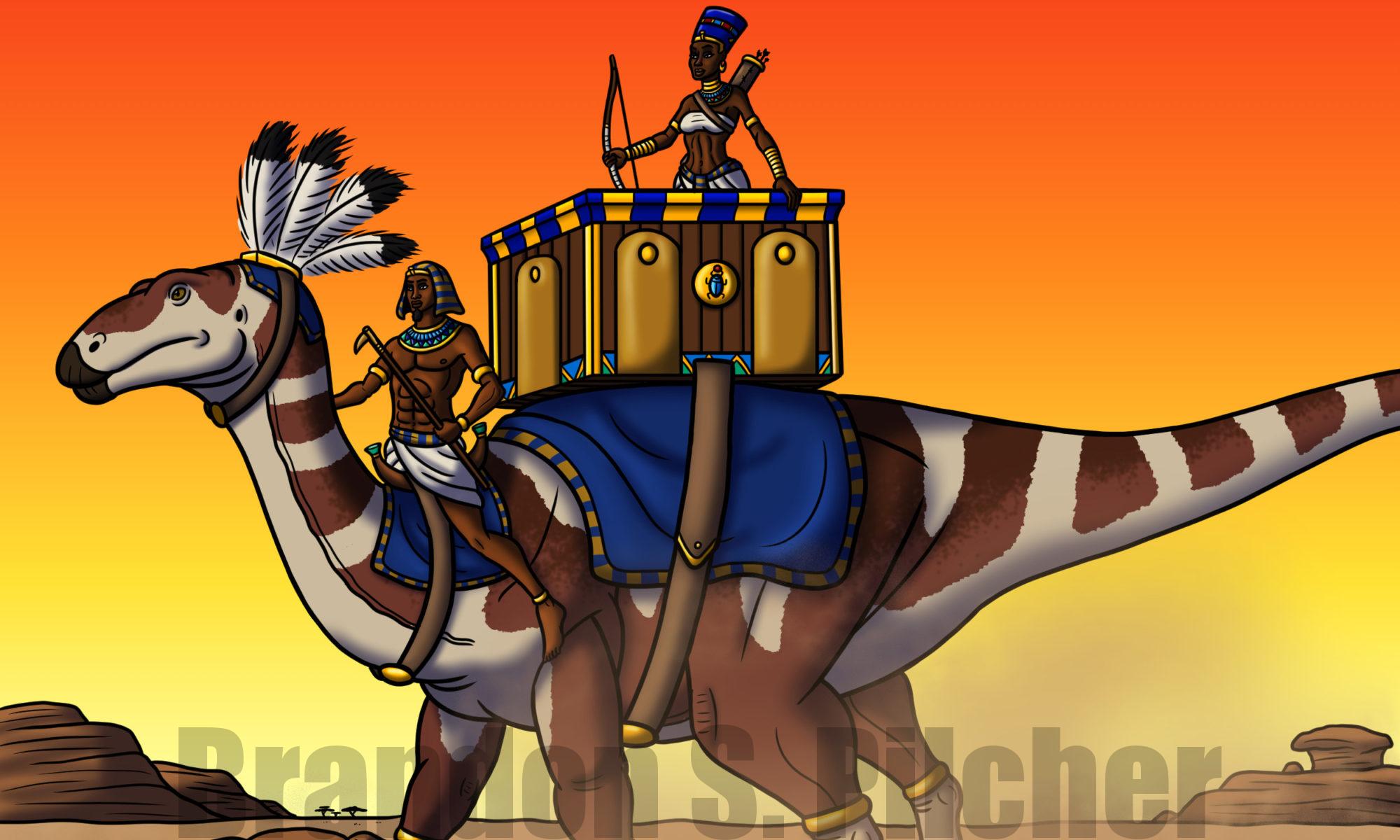Masinissa (also spelled Massinissa) was the first king of a united Numidia, a kingdom that spread between modern Tunisia and Algeria along the North African coastline. Originally composed of several tribes and clans, the Numidians were a Berber-speaking ethnic group famous for their horsemanship. Prior to bringing the Numidians together under his leadership, Masinissa first fought as an ally of Carthage against the Romans during the Second Punic War, but then switched sides to help the Roman invasion.
Once the war ended and he became king of all Numidia, he sought to “modernize” his country by introducing agricultural techniques from Carthage and then impelling many of his once nomadic people to settle down as farmers. Unfortunately for the Numidians, their kingdom’s future would take a turbulent turn after Masinissa’s death, struggling with both intermittent disunion and Roman pressure until the Romans finally took control of the area in 46 BC. From that point forward, Numidia’s name would live on as that of a province in the Roman Empire.


That’s a fairly accurate résumé about Massinissa (and so is the spelling with a double “S”, because in Latin languages the letter “S” between two vowels is pronounced “Z”, and his name is certainly not pronounced “Maziniza”.
Your illustration of Massinissa is quite amusing though, it represents more an East African savanna hunter with the head of Bantu from the tropical region of Africa, holding a typical East African warrior’s shield that have never been seen, let alone used in ancient Numidia, than it represents Massinissa.
I can’t imagine that it would be that difficult to find a photograph of a today’s Algerian Berber of the North from the Algeria Atlas mountains, where he was from, and give him his authentic clothes which are also very easily found on the Net, or the site of any Algerian museum.
Greetings and good luck with the rest.
Algeria Atlas mountains ??? Moroccan Atlas mountains instead , and Atlas/Atlantic ocean . Atlas was the god and a king of Moors // ancient Moroccans
The first king of Numdia (“nomad” is derived from “Numidia”.) is the Masaeisylian Syphax , before Massinissa the traitor Massylian, the vassal of Romans,, who brought and lived as a captive in Carthage